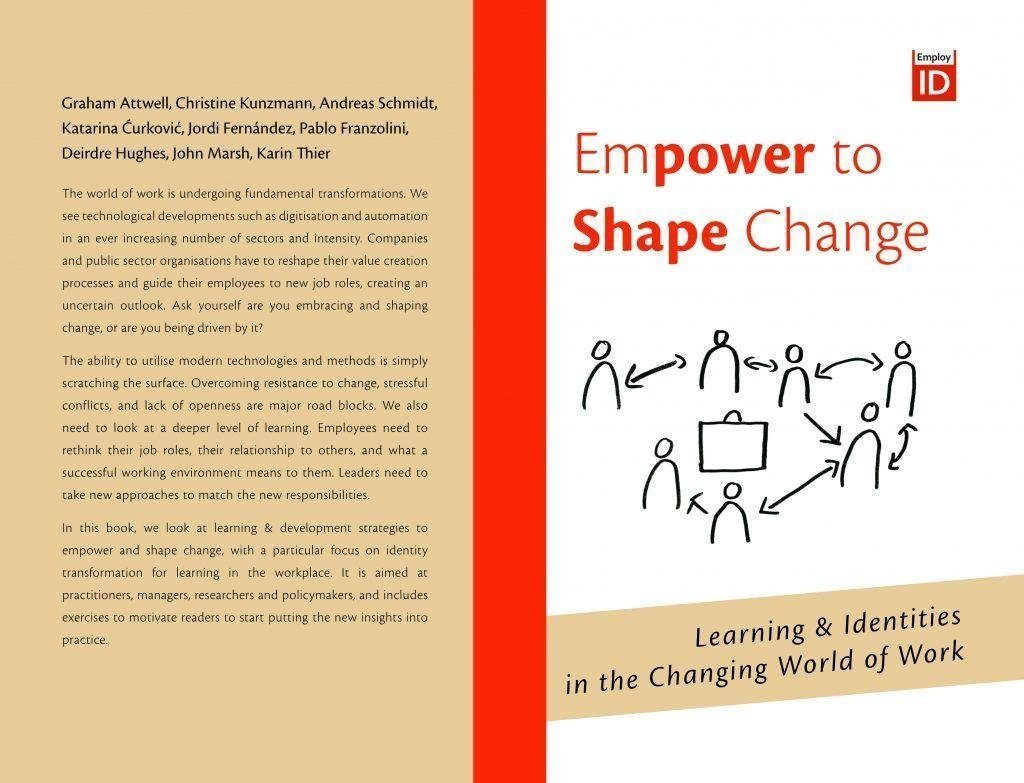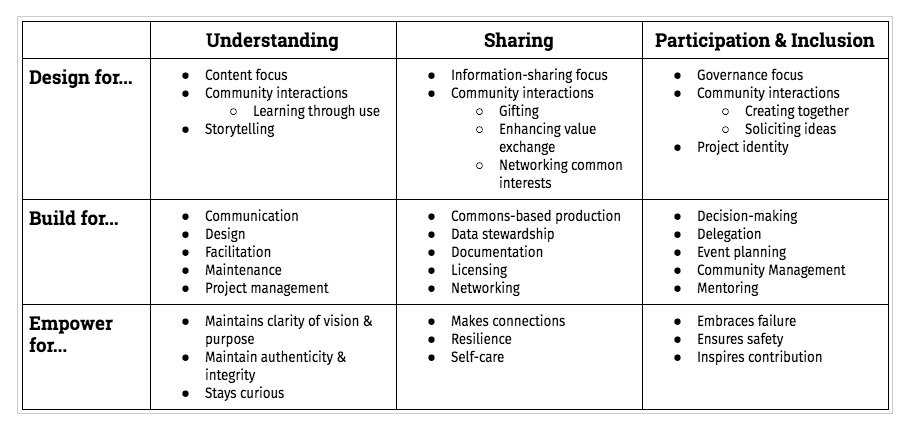 For a tender I wrote earlier thiss summer I was asked to comment on a series of challenges and issues related to the use of ICT in education. I think the challenges and issues were well framed. This is a draft of what I wrote.
For a tender I wrote earlier thiss summer I was asked to comment on a series of challenges and issues related to the use of ICT in education. I think the challenges and issues were well framed. This is a draft of what I wrote.
Fast changing and developing Information and Communication Technologies offer great opportunities for education but also considerable challenges. How can educational policies and practices be developed to utilise the potentials of ICT and modernize education whilst safeguarding students, promoting inclusion and lifelong learning and ensuring equal opportunities? What are the implications for the design of educational institutions, teacher education and curriculum development? What are the ethical implications of the use of ICTs in education?
ICT in Education policy review and development
The development and implementation of policies for using ICT in education needs to be an ongoing and continuous process, incorporating monitoring and review. It also has to link policy to practice. A technology centred approach is not enough alone. More important perhaps, is a focus on developing and implementing new pedagogies for the use of ICTs. Policy processes have to incorporate not only technology companies but educational experts and practitioners.
The issue of the digital divide and the subsequent risk of digital exclusion remains a barrier to ensuring equity and equality in access to technologies. Policies have to ensure infrastructures are fit for purpose if the potential of technology to open up and extend learning is to be achieved. There are major issues as to how to scale up project driven and pilot programmes to widespread adoption and in how to negotiate access to commercial hardware and software and infrastructure for schools from vendors.
Policy has to be developed to safeguard students but at the same time encourage their creative use of ICTs. Education policies also have to address the issues of privacy, bullying and digital literacy, particularly understanding the veracity and reliability of data sources. Further issues include privacy and data ownership. Policy development needs to consider ethical concerns in using not only educational technologies but big data and social networks
Teacher competences and professional development in ICT
While early initial programmes focused on training teachers in how to use ICT, there is an increasing focus on their confidence and competence in the use of ICT for teaching and learning in the classroom. Rather than ICT being seen as a subject in itself, this new focus is on the use of technology for learning across the curriculum. Programmes of initial teacher training need to be updated to reflect these priorities. In addition, there is a need for extensive programmes of continuing professional development to ensure all teacher are confident and competent in using ICT for teaching and learning. New models of professional development are required to overcome the resource limitations of traditional course based programmes.
The ICT Competence Framework for Teachers provides a basis for developing initial and continuing teacher training programmes but requires ongoing updating to reflect changes in the way technologies are being used for learning and changing understandings of digital competence. The development and sharing of learning materials based on the Framework can help in this process.
Mobile learning and frontier technology
There are at any time a plethora of innovations and emerging developments in technology which have the potential for impacting on education, both in terms of curriculum and skills demands but also in their potential for teaching and learning. At the same time, education itself has a tendency towards a hype cycle, with prominence for particular technologies and approaches rising and fading.
Emerging innovations on the horizon at present include the use of Big Data for Learning Analytics in education and the use of Artificial Intelligence for Personalised Learning. The development of Massive Open Online Courses (MOOCS) continue to proliferate. There is a renewed interest in the move from Virtual Learning Environments to Personal Learning Environments and Personal Learning Networks.
Mobile learning seeks to build on personal access to powerful and increasingly cheap Smart Phones to allow access to educational resources and support – in the form of both AI and people – in different educational contents in the school, in the workplace and in the community. However, the adoption of mobile learning has been held back by concerns over equal access to mobiles, their potential disruption in the classroom, privacy, online safety and bullying and the lack of new pedagogic approaches to mobile learning.
The greatest potential of many of these technologies may be for informal and non formal learning, raising the challenge of how to bring together informal and formal learning and to recognise the learning which occurs outside the classroom.
The development and sharing of foresight studies can help in developing awareness and understanding of the possible potential of new technologies as well as their implications for digital literacies and curriculum development. Better sharing of findings and practices in pilot projects would ease their development and adoption.
Once more there is a challenge in how to recognise best practice and move from pilot projects to widespread adoption and how to ensure the sustainability of such pilot initiatives.
Finally, there needs to be a continuous focus on ethical issues and in particular how to ensure that the adoption of emerging technologies support and enhances, rather than hinders, movements towards gender equality.
Open Educational Resources (OER);
There has been considerable progress in the development and adoption of Open Education Resources in many countries and cultures. This has been to a large extent based on awareness raising around potentials and important practices at local, national and international level, initiatives which need to continue and be deepened. Never the less, there remain barriers to be overcome. These include how to measure and recognise the quality of OERs, the development of interoperable repositories, how to ensure the discoverability of OERs, and the localization of different OERs including in minority languages.
While progress has been made, policy developments remain variable in different countries. There remains an issue in ensuring teachers understandings of the discovery, potential and use of OERS and importantly how to themselves develop and share OERs. This requires the incorporation of OER use and development in both initial and continuing professional development for teachers.
Finally, there is a growing movement from OERs towards Open Educational Practices, a movement which will be important in developing inclusion, equity and equal opportunities in education.
ICT in education for Persons with Disabilities
Adaptive technologies have the potential to provide inclusive, accessible and affordable access to information and knowledge and to support the participation of Persons with Disabilities in lifelong learning opportunities.
Assistive, or adaptive, technology has undergone a revolution in recent years. There is a wide range of established commercial and free and open source software products available (such as screen readers, on-screen keyboards and spelling aids), as well as in-built accessibility features in computers and programs.
More people use mobile and portable devices with assistive apps. One significant benefit of ICTs is the provision of a voice for those who are unable to speak themselves. Apps for tablet devices for example that use scanning and a touch screen interface can now provide this at a fraction of the cost of some of the more complex and advanced hardware technologies.
Most countries have moved towards including young people with Special Educational Needs within mainstream educational provision. The use of technology for learning can allow differentiated provision of learning materials, with students able to work at a different pace and using different resources within the classroom.
Regardless of these potentials there is a need to ensure that institutional policies include the needs of students with disabilities and that staff have time to properly engage with these and to provide staff awareness and training activities. Alternative formats for learning materials may be required and the adoption of OERs can help in this process.
Developing digital skills
The importance of digital skills is increasingly recognised as important for future employability. This includes both the skills to use digital technologies but also their use in vocational and occupational contexts. Discussions over the future of work, based largely on the growing applications of AI and robots, suggest future jobs will require higher level skills including in digital technologies. This will require changes in a wide range of curricula. Mapping of changing needs for digital skills provide a reference point for such development. Some countries are already including coding and computational thinking in primary schools: a trend which is likely to spread but once more requiring professional development for teachers. The rapid development of technology is also leading to changes in understandings of digital skills. Reference Frameworks are important in providing a base line for curriculum development and teacher training but require updating to reflect such new understandings.
It is important that digital skill development is not reduced to an employability agenda. Instead it needs to include the use of such skills for providing a decent life within society and community and to equip young people with the skills and understanding of the appropriate use of technology within their social relations and their life course. Yet again, such skills and understanding require continuing considerations of ethical issues and of how digital skills can advance gender equality.
 It’s the last day of the summer holidays.
It’s the last day of the summer holidays.



